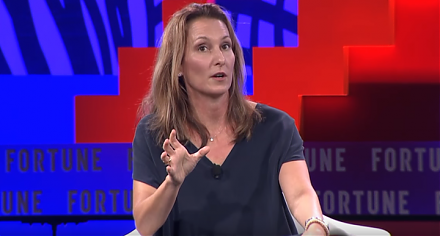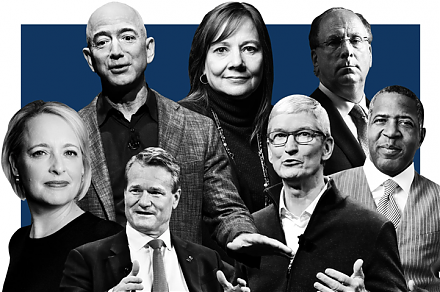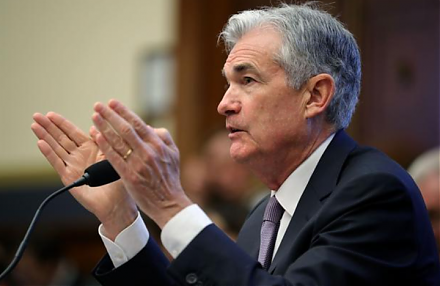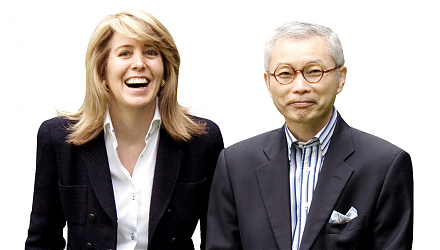

2017-10-03 18:39:00 Tue ET
federal reserve monetary policy treasury dollar employment inflation interest rate exchange rate macrofinance recession systemic risk economic growth central bank fomc greenback forward guidance euro capital global financial cycle credit cycle yield curve
President Trump has nominated Jerome Powell to run the Federal Reserve once Fed Chair Janet Yellen's current term expires in February 2018. Trump's strategic decision is unlikely to disturb the current roaring stock market. Powell will probably maintain monetary policy continuity with a dovish stance of slow and gradual interest rate acceleration. This dovish stance not only extends the gradual interest rate hike, but also accommodates sluggish manufacturing work recovery, low wage growth, and wider diffusion of digital technology usage in America.
The Trump administration targets 3% GDP growth and 2% inflation for household and corporate tax incentives to meet fiscal neutrality. Powell has risen to the challenge of competing with several contenders for the top post of Federal Reserve: Janet Yellen (incumbent), John Taylor (Stanford professor), Gary Cohn (White House chief economist), and Kevin Warsh (former governor). Powell's inclination toward more pervasive financial deregulation is a primary advantage for Trump's calculus. Others warn that the likely imbalance between inflation containment and employment growth may cause distortions in the U.S. economy. In essence, monetary policy continuity trumps contractionary monetary policy normalization under the current Trump administration.
If any of our AYA Analytica financial health memos (FHM), blog posts, ebooks, newsletters, and notifications etc, or any other form of online content curation, involves potential copyright concerns, please feel free to contact us at service@ayafintech.network so that we can remove relevant content in response to any such request within a reasonable time frame.
2018-11-17 09:33:00 Saturday ET

Zillow share price plunges 20% year-to-date as its competitors Redfin and Trulia also experience an economic slowdown in the real estate market. The real es
2021-05-20 10:30:00 Thursday ET

Artificial intelligence, 5G, and virtual reality can help transform global trade, finance, and technology. Core trade technological advances and disruptive
2018-02-27 09:35:00 Tuesday ET

Fed's new chairman Jerome Powell testifies before Congress for the first time. He vows to prevent price instability for U.S. consumers, firms, and finan
2019-04-01 08:28:00 Monday ET

OraSure and its subsidiary DNA Genotek specialize in the lean production of home DNA spit tubes. OraSure extracts core genetic information from microbiome s
2020-05-21 11:30:00 Thursday ET

Most blue-ocean strategists shift fundamental focus from current competitors to alternative non-customers with new market space. W. Chan Kim and Renee Ma
2018-08-19 10:34:00 Sunday ET

The World Economic Forum warns that artificial intelligence may destabilize the financial system. Artificial intelligence poses at least a trifecta of major